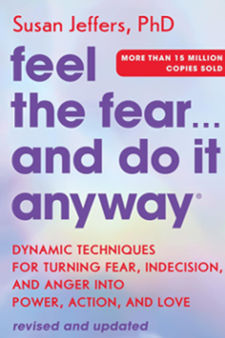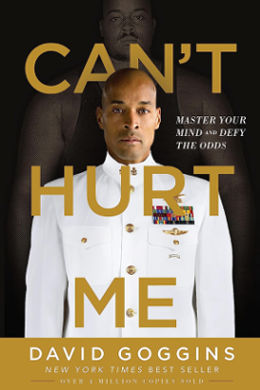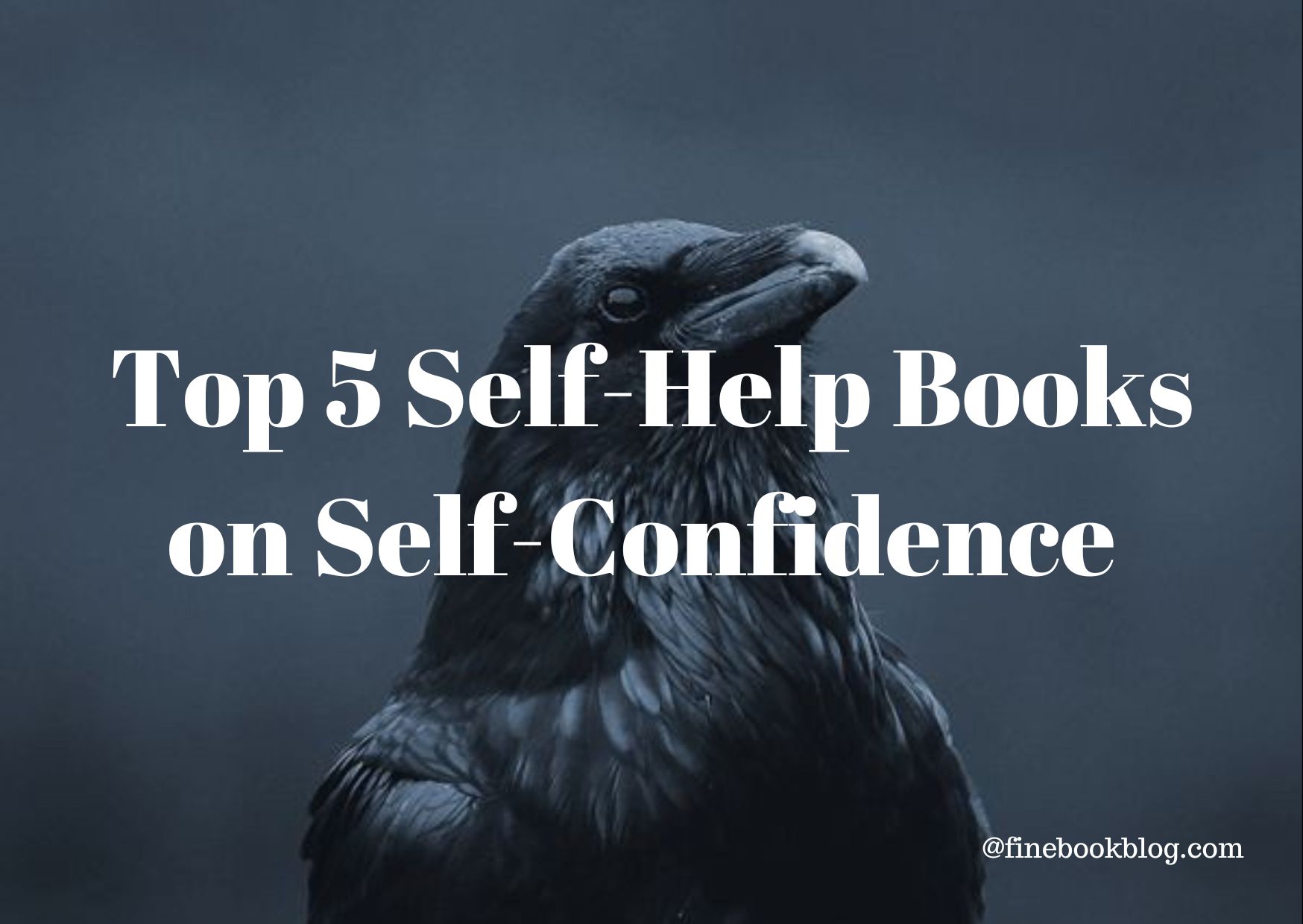Self-confidence is an attractive characteristic to have. You often dream of yourself in that ‘aha’ moment when you are walking with that air of self-assurance, and everyone is drawn to your compelling personality. Everyone wants to have that kind of charisma.
Developing unadulterated self-confidence isn’t easy but not impossible too. You can acquire this skill by reading good self-help books and practicing their lessons.
First, let’s learn what is self-confidence and why it is important.
What is Self-Confidence?
According to the American Psychological Association, Self-confidence is believing in your abilities, skills, and judgment. It means you embrace challenges with a positive attitude and are willing to take risks. It involves trusting in your capabilities, being self-assured, and maintaining a sense of self-worth.
Why is Self-confidence important?
When you have self-confidence, you feel good about yourself and your abilities, and that confidence shines through in everything you do.
Let’s comprehend this with an example:
Imagine you’re trying to ace a job interview for your dream job. You’ve prepared extensively, researched the company, and practiced your responses to common interview questions. But when you walk into the conference room, you suddenly feel a wave of self-doubt wash over you. Your palms sweat, your heart races, and your mind goes blank.
In this moment, your self-confidence plays a crucial role in determining how well you perform in the interview. If you have high self-confidence, you’ll be able to shake off those nerves, stand up straight, and confidently deliver your responses. You’ll come across as composed, articulate, and persuasive.
On the other hand, if you lack self-confidence, you might stumble over your words, second-guess yourself, and appear uncertain or nervous. This can lead to a less-than-ideal performance, which may cost you the job opportunity.
By building your self-confidence, you will handle situations like this and make a positive impression. Whether it’s through preparation, visualization, or simply reminding yourself of your strengths, having faith in your abilities can make all the difference in achieving your goals.
How to Boost Your Self-Confidence?
Building self-confidence is not a natural trait, but rather a skill that can be strengthened over time through practice and effort.
We’re suggesting some tips that you can practice to strengthen your self-confidence.
- Practice Positive Self-Talk: The way we talk to ourselves matters! Pay attention to your inner dialogue and replace negative self-talk with positive affirmations. Instead of focusing on your flaws or mistakes, remind yourself of your strengths and accomplishments. This will help you develop a more optimistic mindset and build confidence in yourself.
- Set Achievable Goals: Setting realistic goals can help you feel a sense of accomplishment and boost your self-confidence. Start by setting small goals that you can achieve easily, like learning a new skill or taking on a new challenge at work. As you reach each goal, you’ll gain momentum and feel more confident in your abilities.
- Reading Self-Help Books on Building Confidence: Reading can immensely improve your self-confidence. Reading books that challenge you will develop your intellect and ideas will naturally flow when you speak. Hence, there will be a natural boost in your self-confidence.
5 Effective Books to Build Self-Confidence
The Confidence Code by Claire Shipman and Katty Kay

This book is a specifically tailored guide to self-confidence for women. It provides valuable insights into understanding the importance of confidence and strategies to achieve it.
The authors combine cutting-edge research and inspiring examples to empower women. They draw on genetics, gender, behavior, and cognition studies to provide insights into women’s unique strengths and challenges. This self-help book for confidence provides practical advice to help women close the gap and achieve their desired careers.
Whether you’re looking to advance in your current job or pursue new opportunities, this book will help you unlock your full potential and build the confidence you need to succeed. So why wait? Pick up a copy of “The Confidence Code” today and start building the self-confidence you need to achieve your dreams.
Key Insights from the book “The Confidence Code”
- Confidence is a learnable skill, not a fixed trait.
- It can be developed through practice and experience.
- Adopting certain behaviors and thought patterns can build self-confidence.
- Women often lack confidence in the workplace due to societal expectations and internalized beliefs.
- Women underestimate their abilities and overprepare for tasks.
- Men overestimate their abilities and take risks.
- Societal expectations and internalized beliefs contribute to the confidence gap.
- Recognizing and challenging these biases can help women build self-confidence and advance in their careers.
The Five-Second Rule by Mel Robbins

This self-help book on confidence offers a simple yet effective five-second rule to help you build confidence and overcome self-doubt. With this rule, you’ll be able to push yourself to take action toward achieving your goals and live a more fulfilling life.
The book is backed by strong scientific research and inspiring stories. “Five Second Rule” will teach you how to make a decision when your judgment is clouded with fear, self-doubt, and negative self-talk. Read this book if you want to break from any self-sabotaging behaviors.
Core Insights from “The Five-Second Rule”
- The 5-second rule: When you feel the urge to do something, count down from five to one and then take immediate action. This helps to overcome fear, anxiety, and self-doubt by interrupting negative thoughts and habits.
- The power of small wins: Small, incremental changes can lead to significant growth and progress over time. By focusing on tiny improvements every day, you can build momentum and develop new habits that will ultimately help you achieve your goals.
Feel the Fear and Do It Anyway by Susan Jeffers

This classic bestselling book on building self-confidence is helping readers overcome their fears and live fulfilling lives for decades.
With practical strategies, this book will guide you toward connecting with your inner strength and moving past the fears that hold you back. Through warmth, humor, and insight, Dr. Jeffers will show you how to embrace your fears and find lasting fulfillment on the other side.
Here’s what you will learn in this self-help book on building self-confidence and self-esteem.
- To build your self-esteem
- To become more assertive
- How to harness your energy
- How to create a more meaningful and fulfilled life
Core Takeaways from Self-Help Book on Confidence “Feel The Fear And Do It Anyway”
- Face your fears: Don’t let fear hold you back from living the life you want. Recognize that fear is a normal feeling and confront it head-on.
- Take action: Don’t let fear stop you from taking action towards your goals. Instead, feel the fear and do it anyway. Remember that action builds courage and confidence.
Can’t Hurt Me by David Goggins

This inspiring memoir chronicles Goggins’ transformation from a troubled youth to a U.S. Armed Forces icon and a celebrated endurance athlete.
Through his remarkable journey, Goggins discovered the 40% Rule, which asserts that most people only tap into 40% of their capabilities.
By sharing his experiences and insights, Goggins shows readers how to push past pain, demolish fear, and reach their full potential.
Key Insights from the book “Can’t Hurt Me”
- The Power of Mental Toughness: Goggins emphasizes the importance of developing mental toughness to overcome adversity and achieve success. He stresses that our minds are capable of much more than we realize and that by pushing ourselves beyond our limits, we can accomplish great things.
- The 40% Rule: Goggins introduces the concept of the 40% Rule, which states that most people only operate at 40% of their capacity. He encourages readers to strive for the remaining 60% by embracing discomfort, taking risks, and never giving up. By doing so, we can unlock our full potential and achieve our wildest dreams.
Working Hard, Hardly Working by Grace Beverley

Entrepreneur Grace Beverley challenges the idea that success requires the sacrifice of sanity. He offers a fresh perspective on creating balance and boosting productivity without sacrificing self-care.
As a self-proclaimed “lazy workaholic,” Beverley provides practical strategies for achieving success without compromising mental health. He emphasizes the importance of prioritizing self-confidence and personal well-being.
This book is perfect for individuals seeking to find harmony between their professional and personal lives.
Core Insights from the book “Working Hard, Hardly Working”
- The myth of hustle culture: Grace challenges the common belief that success requires constant hustling and grinding. Instead, she argues that sustainable success comes from working smarter, not harder, and taking care of oneself in the process.
- The power of systems over goals: Grace advocates for focusing on building systems and processes rather than just setting goals. By creating a solid foundation, you can achieve your objectives with less stress and effort, and enjoy the journey along the way.
- The power of delegating and outsourcing: Grace stresses the importance of delegating tasks and outsourcing work when possible, rather than trying to do everything yourself. This not only helps to reduce stress but also allows entrepreneurs to focus on their strengths and grow their businesses more efficiently.
If you are an audiobook fan, we have a list of 10 best audiobooks for self-improvement.
Tips to boost confidence by reading self-help books on building self-confidence?
Here are some tips for you to build your self-confidence by reading books:
- Choose the right books:
- Look for books that focus on building self-confidence and overcoming self-doubt.
- Consider books that have been recommended by others or that have received positive reviews.
- Take notes and summarize key points:
- Highlight or underline important passages.
- Write down any ideas or exercises that stand out to you.
- Review your notes regularly to reinforce new thought patterns and behaviors.
- Practice what you learn:
- Don’t just read about building confidence – put the strategies into action and get the most out of self-help books.
- Try out different techniques, such as affirmations, visualization, or challenging negative thoughts.


